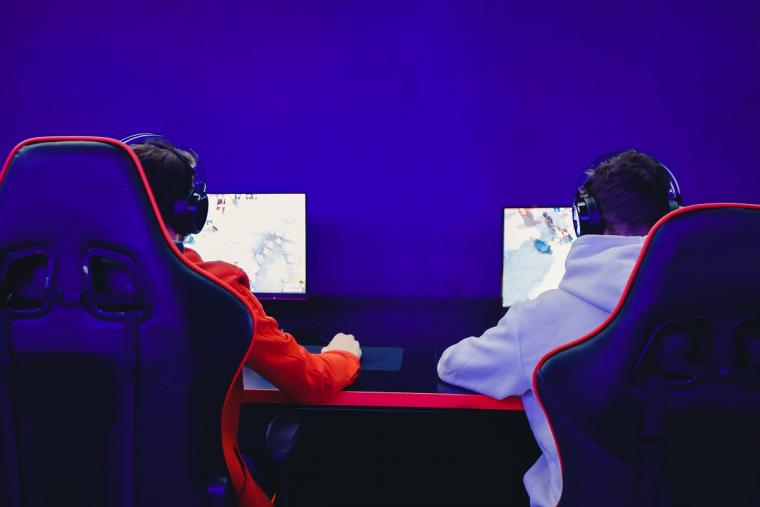
In recent months, municipalities around the county — including ones in Georgia, Texas and Ohio — have announced intentions to launch esports leagues, programs and facilities.
As American City & County magazine noted earlier this year:
Not everyone is able or willing to participate in traditional community programming. This doesn’t necessarily mean, however, that they have no desire to connect with others or become more active members of their community; they just need a way to do it on their terms.
This is especially true for an often hard-to-reach demographic: teens. Getting young people involved in their local community is notoriously difficult. However, 90 percent of kids between the ages of 12 and 17 play video games. Esports leagues and other virtual programming offer ways for municipalities to drive citizen engagement in teens and other digital natives who might not embrace in-person programming.
Getting people in the door is just part of the power of programs like these. Data analytics in gaming can be used to create and establish new communities within a city and then customize online and in-person programming to better reflect what these communities want. This gives community members who might have previously gone unnoticed a direct voice and a brand-new ability to connect, compete and gather with other like-minded individuals in their city.

The Bryan County Recreation Department in Georgia recently partnered with GGLeagues — a Texas-based video gaming platform that helps municipalities, colleges and universities organize and oversee esports competitions — to start an esports league for local residents.
About 18 initial participants signed up, but the department still fielded some negative feedback.
“You have people who are like, ‘We’re trying to get our kids off the computer,’ or people making side comments, that there are creepy people on the internet,” Amber Porter, the department’s athletic director, told Athletic Business magazine. “And I’m gonna be honest, our staff knew about esports before, but not to this level. I think that’s what it kind of boils down to: You have a lot of people who have no clue how popular this is, what it actually is about.”
According to Athletic Business, the Bryan County program offers leagues for Fortnite, Madden, Mario Kart, Rocket League and Super Smash Brothers. Participants pay $40 each (the county’s popular basketball league costs $65 per player) for a six-week season during which individuals can compete from home.
In Carrollton, Texas, the city’s parks and recreation department recently added esports programming and committed to creating a dedicated space for community members to play. As WFAA.com reports, the city has partnered with Bearclaw, another Texas-based esports organization, and plans to open a gaming room at the Crosby Recreation Center, where residents can compete in leagues and tournaments for such games as Call of Duty, Fortnite and Minecraft.
“We have to provide something that people can’t get at their own home. So that’s where the concept of an esports center started,” Carrollton recreation manager Heather Smith told WFAA.com. “A couple of years ago we requested some additional funds from city council to start a program. … As we started calling around to some other municipalities, we realized this isn’t really being done in the municipal parks and rec world right now.”
She added that the center will create “a social atmosphere” and potentially help “improve mental health when it comes to gaming, as well.”
Meanwhile, the Akron (Ohio) Parks and Recreation Division, in tandem with GGLeagues, added esports programming this spring for anybody 8 years and older, including adults.
“The main reason we are adding esports to our recreational options is to provide a program for any age group from and those who may socialize differently,” Zack Kaufman, the parks division’s recreation programmer told the Akron Beacon Journal. “We try to provide programming for all ages, but struggle to reach them. Esports is one of the fastest growing recreational pastimes.”
GGLeagues also offers educational content and resources, in conjunction with such organizations as the Coalition of Parents in Esports, Healthy Gamer and The*gameHERs, an online community for women and “femme-identifying” gamers.
“With the growth of professional players, you start seeing kids who are now parents who don’t see video games as a waste of time,” GGLeagues founder Erich Bao told Athletic Business. “They see video games as a way to get a scholarship for college. They see it as a potential career option for them, whether that’s as a player, or as a coach or an analyst. And I think that’s really been one big driver of why the timing is perfect.”

